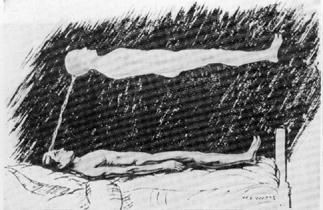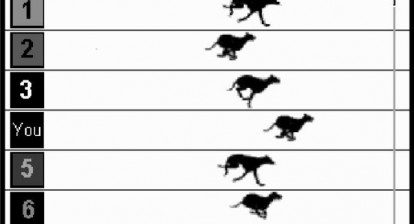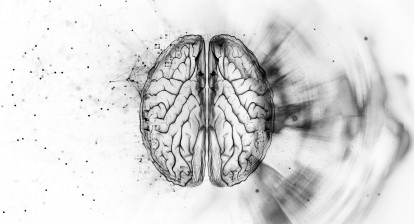Many African societies practice divination to enhance decision-making, foster healthier relationships and manage stress. Divination is a process through which one is purported to gain health, honor, prosperity, or other benefits via supernatural or unseen abilities. It may employ occult techniques, a methodical procedure, or a ritual to attempt to gain insight into a situation or a topic. A recent research study published in the Open Journal of Social Sciences explored the common types of divination practices undertaken within traditional Dagbon communities in Ghana, identified disease-causative agents in their culture, and explored the rationale behind their various methods of divination.
Salifu Abukari, Habibu Issah, and Yussif Hamdan Adam of the University for Development Studies in Tamale, Ghana, used qualitative methodologies to examine the lived experiences of individuals. Rational Choice Theory – the idea that humans direct their actions toward what they believe to be the best ways to accomplish their objectives – guided the inquiry. For both the in-depth interviews and focus group discussions, a total of 73 participants were sampled. Twenty-five diviners from five communities in the Yendi Municipality and its surrounding communities, along with eight health workers, participated in the in-depth interviews. For the focus groups, forty community members, eight from each of the five communities—men and women—were recruited. To enhance the data gathered using other techniques, structured observation was also used to gain extra information. Researchers used tape recorders to record responses, along with field notes, which were then transcribed and classified.
The investigation found that Dagomba uses many kinds of divination, such as Soothsaying, Afa/Mallam, Jinwariba, and Gbanigba, which are further described in the paper. Diviners played a significant role in determining the origin and treatment of illnesses in the studied groups. Further research revealed that most patients combined allopathic therapy with divination to find solutions to their health issues. This is because they believe that many illnesses have spiritual and physical components that must be treated simultaneously.
Additionally, it was found that some disorders and illnesses necessitate the advice of a diviner to determine the best course of treatment or stop it from worsening. However, some diviners made it clear that they could not cure all diseases, claiming, for instance, that they could not treat ignorance or stupidity.
The study revealed that indigenous people’s cosmology must be recognized to provide holistic healthcare. This means understanding the spiritual aspect of treatment and incorporating it when providing medical services. By doing so, unmet healthcare needs can be decreased, and more community members will likely seek allopathic healthcare. Additionally, integrating traditional healing practices into mainstream healthcare systems can also help create a sense of cultural continuity, as indigenous communities access treatment tailored to their specific beliefs and values.
This research offers critical insight into how divination is involved in providing holistic healthcare services for indigenous communities. The study emphasizes the importance of recognizing traditional healing practices and incorporating them into existing healthcare systems to provide all citizens with quality medical care while respecting the beliefs and values of the individual’s culture. As governments in South Africa and Ghana have already begun to recognize the value of traditional medicine and divination, these findings may help encourage other countries to integrate such practices into their healthcare systems.
Reference
Abukari, S., Issah, H., & Adam, Y. H. (2022). I cannot treat stupidity: The function of divination in planning and managing life crisis within the Dagbong traditional society in Northern Ghana. Open Journal of Social Sciences, 10(1), 420-439.








Beth Hedva
I love this article and the link to the whole article! Thank you–BH